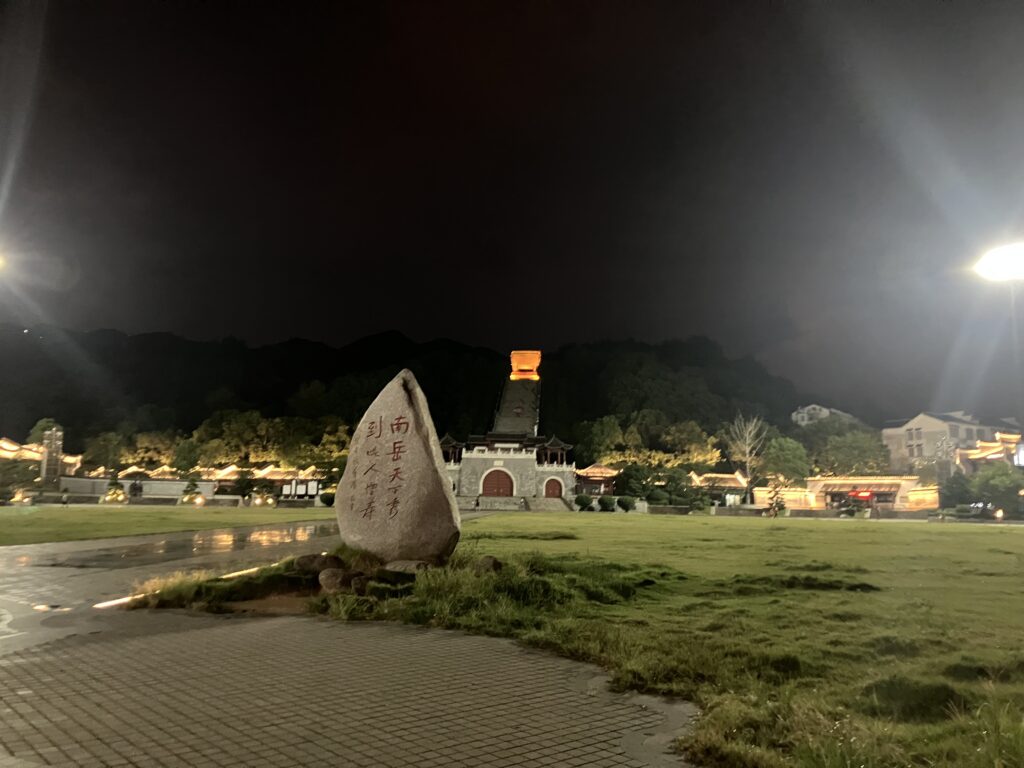The second workshop between CAS-E and the Institute for Frontier Areas of Psychology and Mental Health (IGPP) with which CAS-E is aiming at a long-term partnership. The first two encounters were in 31st January – 1st February 2024 in Erlangen. This time the workshop in Erlangen is dedicated to explore concrete fields, themes, and projects of cooperative research between colleagues and fellows from both CAS-E and IGPP.
Notes from the 2nd Workshop IGPP – CAS-E in Freiburg (31 January – 1 February 2024)
Michael Lackner (Sinology) presented CAS-E
- Esoteric practices are extraordinarily present globally
- They are usually perceived as alternatives to dominant knowledge systems due to the globalization of scientistic rationalities
- Their resilience has not been adequately explained to date
- In cultural comparison different degrees of marginality and marginalization
- Different legitimation and rationalization strategies
- Claim to scientificity and reference to tradition
- Numerous individual studies, but to date no attempt at comparative cultural theoretical model building
CAS-E is both present- and genealogically oriented; with its praxeological approach it goes beyond previous research, it is about practices, not about worldviews – easier to compare
One insight after two years: the goal is to look for similarities rather than ask what do they all have in common (family resemblances (Wittgenstein)
CAS-E is seeking collaborations and respectful epistemic partnerships
Bernd-Christian Otto (Religious Studies) presented RENSEP a ‘facebook for magicians’, a private foundation-based plattform to connect practitioners (magicians) and scholars.
Lennert Gesterkamp (Art History/Daoism) presented Psi fields in China which now turns into the first joint project application with IGPP for funding (Lennert Gesterkamp, Gerhard Mayer (Psychology, Sociology, Philosophy), Michael Nahm (Biology).
Cecilia Bastos (Anthropology) presented her study about self-transformation of Brazilian yoga-practicioners, a group which she has studied as a participant for 10 years (a small selection of ca. 200 practitioners) A discussion about methods of investigating and goals of the study (survey? Quantitative? Qualitative?) followed bringing the different questions and approaches from different disciplines (Anthropology, Religious Studies, Cultural Studies, Psychology) to the table.
Marc Wittmann (IGPP – Psychology) presented about The Experience of Time and Timelessness:
Embodied time “We are time with our bodies”: how the body informs us about the passage of the mystery of subjective time; Losing the sense of time & bodily-self: Altered states of consciousness (Meditation, Flotation-REST), Anomalous time: when the usual concepts of time are distorted; empirical research with long-term meditators; measuring precognition;
Discussion about cultural condition having an impact on the object of investigation; i.e. for self-transformation it is important to reflect cultural context – function of psychodelics: fun or self-transformation
Ina Schmied-Knittel (Psychology) & (Andreas Anton (Sociology) present The Paranormal: Experience, Knowledge, Discourses:
Hans Bender, the founder of IGPP, maintained that paranormal experiences are an anthropolical constant, that there is a uniformity of the occult, and that there are historical waves of occultism (Zeitgeist: i.e. Uri Geller); the question has relevance for education, information, mental health (therefore the institute’s title “psychohygiene”).
Ina Schmied-Knittel conducted an empirical survey for paranormal experiences in Germany (2000–2002) (questionaires, interviews; result: every 4th person in Germany has has an extraordinary experience at least once) which she is currently repeating for the beginning of the 21st century.
Discussion: Transcultural perspectives needed for the question what is considered aranormal, where and how.
Wolfgang Fach (Psychology) raises the question of conflict between experience and belief and mentions one explanatory model from quantum physics developed and held by several in the IGPP: the Dual-aspect monism.
Wolfgang Fach and Annette Zwickel (Psychology) present the work of the Counseling Service of clinical parapsychology at the IGPP.
They have counseled more than 2400 people with extraordinary experiences (ESP) for more than 20 years; all cases are well-documented. Fach has recently completed his dissertation about this offering an explanatory theoretical model (about Bonding structures).
Liane Hofmann (working with Ulrich Ott) present the second section of the Counseling Service: Spiritual and meditation related crises; giving a definition for what a spiritual crisis is and how they work.
Transfer of knowledge to therapeutic and counseling practices Improving the care, expand diagnostics, develop own instrumens Case-documentation Discussion about agency, pathologizing, what is considered extraordinary.
Final discussion:
What IGPP and CAS-e have in common?
Both face skepticism – deal with rejected knowledge
In the Humanities where the paranormal is denied existence, a new hermeneutics is needed
Both need third-party funding for further research-projects
Where are spaces for possible encounters /collaborations?
- CAS e misses psychology
- DFG is interested in present -related topics
- Introducing IGPP to topics which have not been studied yet
- New hermeneutics for non-European cultures
- The questionaire developed and used by the counseling service for and in Germany could be expanded (in modified ways) to Asia, Russia, Africa
- Controversial was the idea whether both CAS-E and IGPP have different forms of treating the phenomena (IGPP following a (rigid) measurement-approach vs. the idea that studying already changes the phenomena/objects)
- synergetic energies and contacts could be used
The workshop has been perceived by all participants as productive and stimulating. The possibility of a one-day-workshop in the summer term to advance the discussion about thematic fields of collaboration as well as individual cooperative research projects will be discussed.
Birgit Menzel








